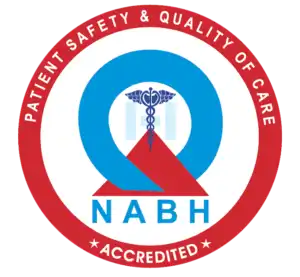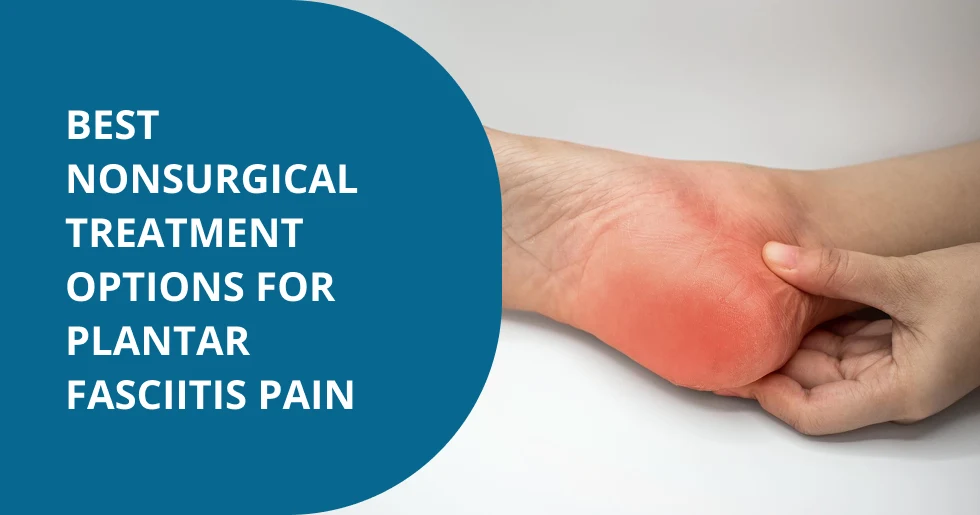Plantar Fasciitis is a prevalent condition that causes patients extreme foot pain, making it difficult for them to even walk at times. The condition, when not addressed, can lead to further complications, affecting the calf muscles, the hamstrings, the knees and lower back.
Plantar Fasciitis occurs due to inflammation in the thick band of tissue in the bottom of the foot called the plantar fascia. A few other reasons for plantar fasciitis are –
- Overuse or strain
- Flat feet
- Tight Achilles tendons
- Wrong footwear
- Age-related problems &
- Obesity
In this article, we discuss the most common symptoms of plantar fasciitis, when to start addressing the issue and the many nonsurgical treatment options available to patients to help address the pain and recurrence of the problem.
Common Symptoms and Early Signs Of Plantar Fasciitis Pain
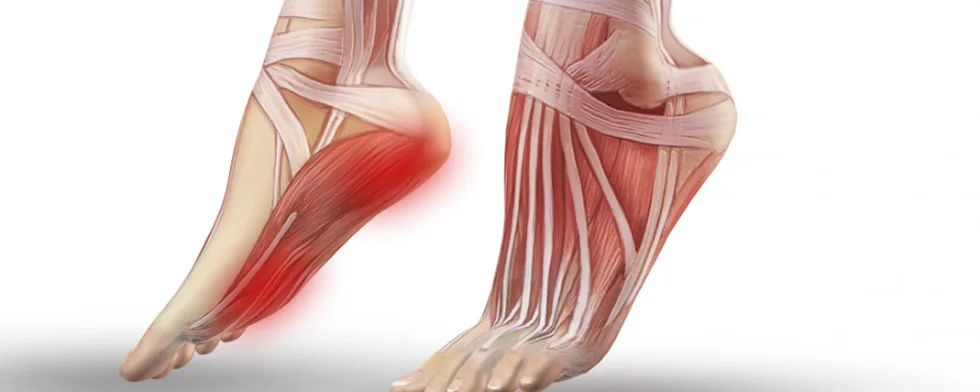
Neglecting the symptoms of plantar fasciitis and not taking corrective or preventive action to address the issue can cause a lot of problems down the line, making it grueling to perform simple daily tasks. A few common symptoms of plantar fasciitis pain are
Heel Pain – Heel pain is one of the most common symptoms and the first signs of Plantar Fasciitis. Doctors can quickly address the condition by providing the best plantar fascia treatments at Epione Centre for Pain Relief & Beyond and prevent the problem from getting worse.
Stiffness – Patients will feel significant stiffness in the feet after exercise or after resting. The stiffness can make it difficult for the patients to walk and can cause pain. Stiffness in the foot, which persists for weeks or months, can also be an indicator of the initial stages of plantar fasciitis.
Radiating Pain – Another common symptom of plantar fasciitis is the radiating pain that spreads from the foot to the lower back. The plantar fasciitis pain can be addressed using various nonsurgical treatments, of which we will learn further.
Tenderness & Swelling – Plantar fasciitis can cause the foot to swell and make it sensitive to touch, causing significant pain and discomfort for the patients, even when the foot region is touched slightly.
Let us now look at when it is the best time to address the pain and get the best plantar fascia treatment from experts to prevent the condition from getting worse.
When to See the Best Plantar Fasciitis Doctor in Bangalore?
Epione Centre for Pain Relief for Pain Management & Beyond is home to the Best plantar fasciitis doctors in Bangalore and the experts here are known for their quick diagnosis and efficient treatment plans to help patients achieve pain relief from complex conditions. Patients should see a doctor when the plantar fasciitis is causing
- Shooting heel pain.
- Stiffness in the feet after waking up in the morning or after exercise.
- Foot pain while lifting weights.
- Persistent pain in the calf muscles, knees, hips and lower back.
- Difficulty walking.
- Tenderness and swelling of the feet.
- Flat feet or a tight Achilles tendon &
- Morning pain.
Importance Of Early Diagnosis
In rare cases, patients with plantar fasciitis require surgery. However, most patients and doctors work towards reducing the pain and discomfort with a combination of lifestyle changes and nonsurgical procedures, making it crucial to seek treatment upon early diagnosis to avoid future complications, advanced therapies and drastic lifestyle changes.
A few of the most effective nonsurgical treatments recommended by the best plantar fasciitis doctors in Bangalore are listed below.
Best Nonsurgical Treatment Options for Plantar Fasciitis
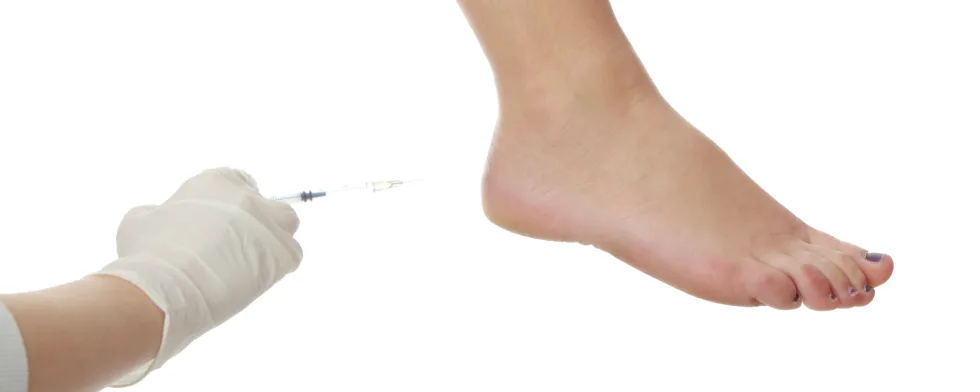
The best nonsurgical treatments for plantar fasciitis are
Platelet-rich Plasma Therapy (PRP) – Top doctors recommend advanced PRP Therapy for pain relief caused by plantar fasciitis. PRP involves using the patient’s blood and separating the platelets. The separated platelets are then reinjected into the plantar fascia region to help repair damaged tissue and provide pain relief to the patients. This minimally invasive procedure has shown promising results to help manage plantar fasciitis and improve foot mobility.
Other Non-Invasive Techniques: Physical Therapy, Orthotics, Stretching.
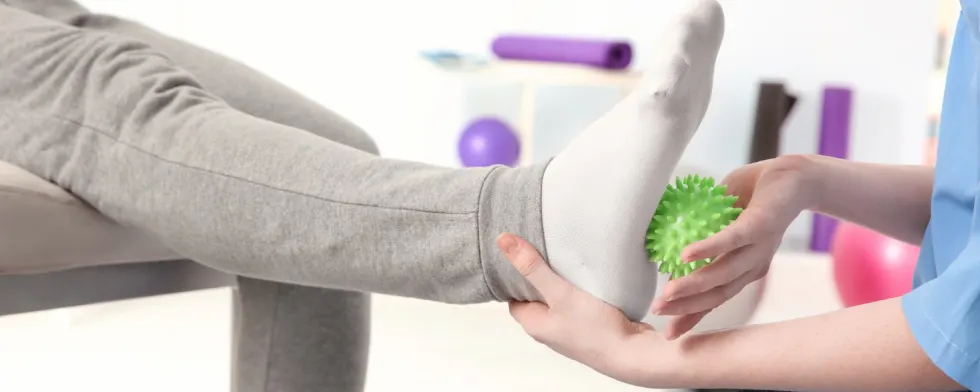
A few non-invasive procedures that the best plantar fasciitis doctors in Bangalore’s Epione recommend to patients during the condition’s early stages are –
- Healthy diet.
- Consistent physical activity and exercise for healthy weight loss.
- Customised stretching to target the plantar fascia and Achilles tendons.
- Guided physical therapy and rehabilitation programs
- Using custom orthotics and supportive footwear &
- Using ice packs to relieve pain.
Apart from being home to the best plantar fasciitis doctors in Bangalore, a few other reasons to choose Epione for your plantar fasciitis treatment are given below.
Why Epione Offers the Best Plantar Fasciitis Treatment in Bangalore?
A few reasons to choose Epione for plantar fasciitis treatment are
- Experienced doctors
- Efficient diagnostics.
- Well-laid treatment plans &
- Wide range of nonsurgical and non-invasive treatment options.
We hope this article has given you a complete understanding of plantar fasciitis and the many nonsurgical and non-invasive treatment options. For more information or to book an appointment with the top doctors.
